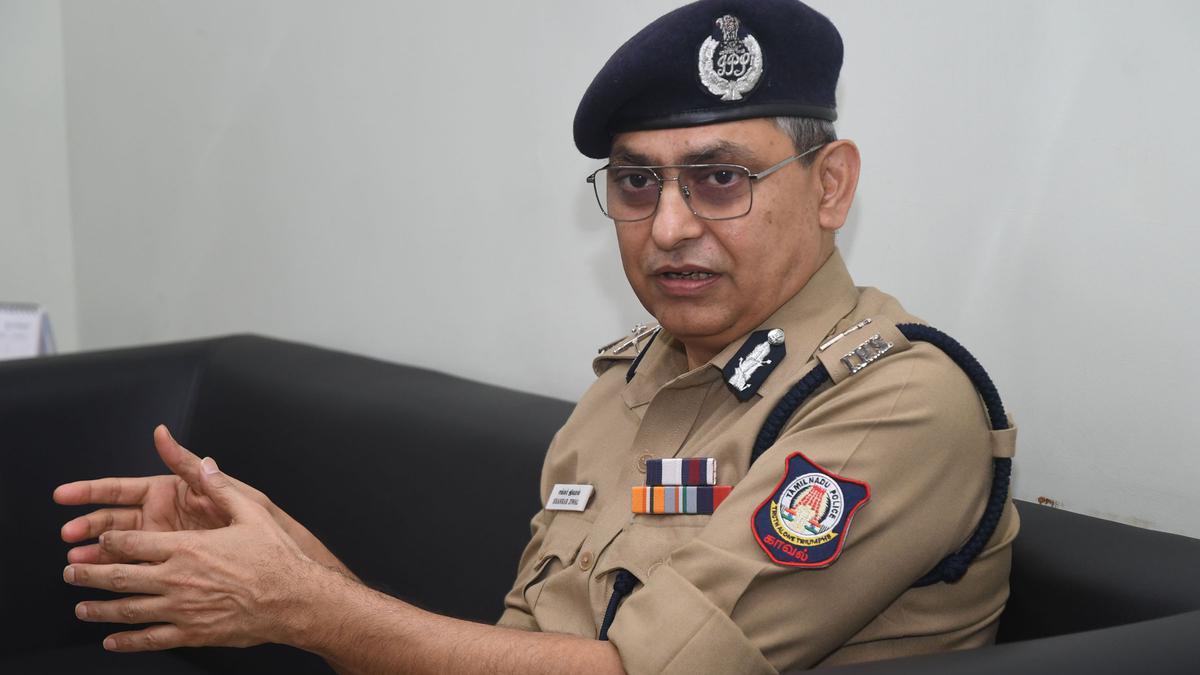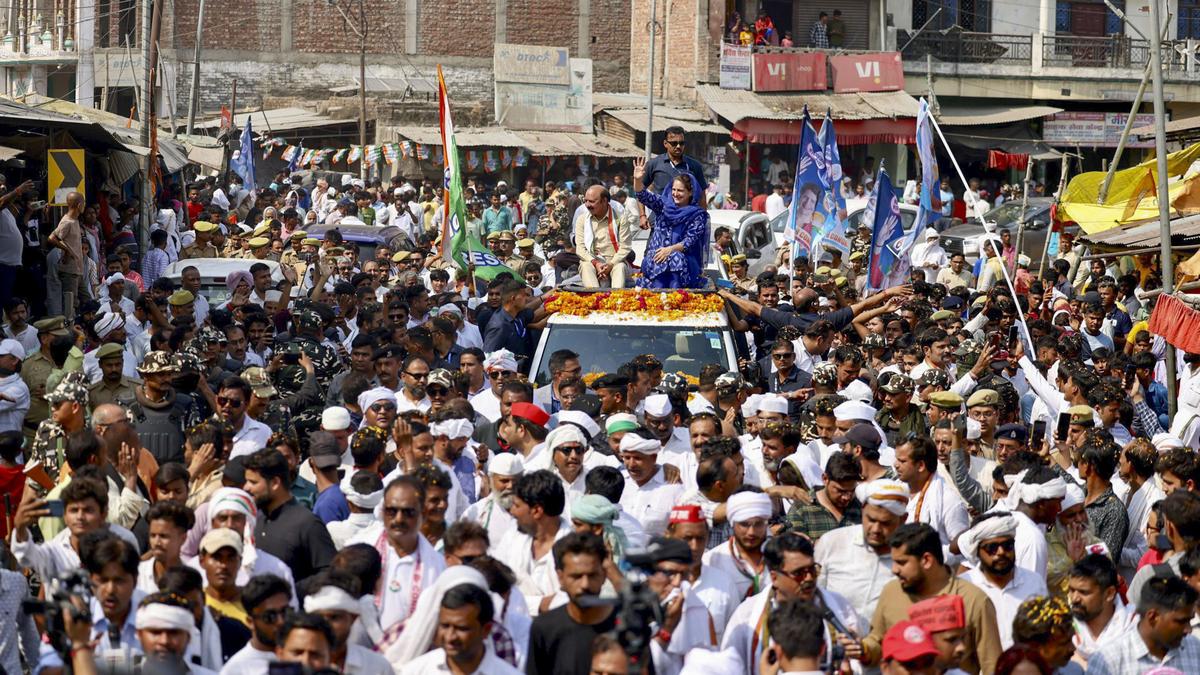A top source in the Supreme Court Registry confirmed that seniority of judges does not influence allocation of cases in the top court. Cases heard by a Bench can either remain with the lead judge or follow the associate judge when he or she starts to head a new Bench, the source said.
Recently, former Supreme Court Bar Association president and senior advocate Dushyant Dave had penned an open letter to Chief Justice of India D.Y. Chandrachud highlighting that cases were “taken away” from Supreme Court Benches hearing them and listed before other Benches in clear disregard of the Supreme Court Rules.
Mr. Dave had said cases which were first listed before a Bench or notice issued by it were suddenly shifted to another Bench. He said cases, instead of remaining with the lead judge on a Bench, were listed before the associate judge when the latter began to head a new Bench.
“I have personally come across a number of cases listed before various Benches upon first listing and/ or in which notice have been issued, being taken away from those Benches and listed before other Benches. Despite first coram being available, the matters are being listed before Benches in which second coram presides. Matters listed before Court No. 2, 4, 6, 7 amongst others have been shifted out and listed before other Benches in clear disregard of the Rules, the Handbook on Practice and Office Procedure referred above and established Practice and Convention. Curiously, the seniority of the first coram is also being ignored in doing so,” he wrote.
Sensitive issues
Mr. Dave had written that some of the cases which were shifted concerned sensitive issues involving human rights, freedom of speech, democracy, and functioning of statutory and constitutional institutions.
“As master of the roster you alone have the prerogative to constitute a Bench and allocate cases to the Benches so constituted,” Mr. Dave had written to the Chief Justice of India.
The senior lawyer had said the power of the CJI as master of the roster was both unique and extraordinary.
On November 10, 2017, a Constitution Bench in a judgment had declared the Chief Justice of India as “the master of the roster who alone has the prerogative to constitute the Benches of the court and allocate cases”. The Bench had concluded that the CJI’s role as the master of roster was necessary to avert chaos in the administration of justice in the Supreme Court.
“This is an extraordinary power to upset the roster and to ‘pick and choose’ and allocate and assign any appeal or cause or matter to any judge or judges of the court. However, the Chief Justice can only exercise the power as per the practice, and in case the coram as per roster is available. the Chief Justice cannot exercise power to take away any case before the available coram and place it before another,” Mr. Dave had written.

 5 months ago
65
5 months ago
65




